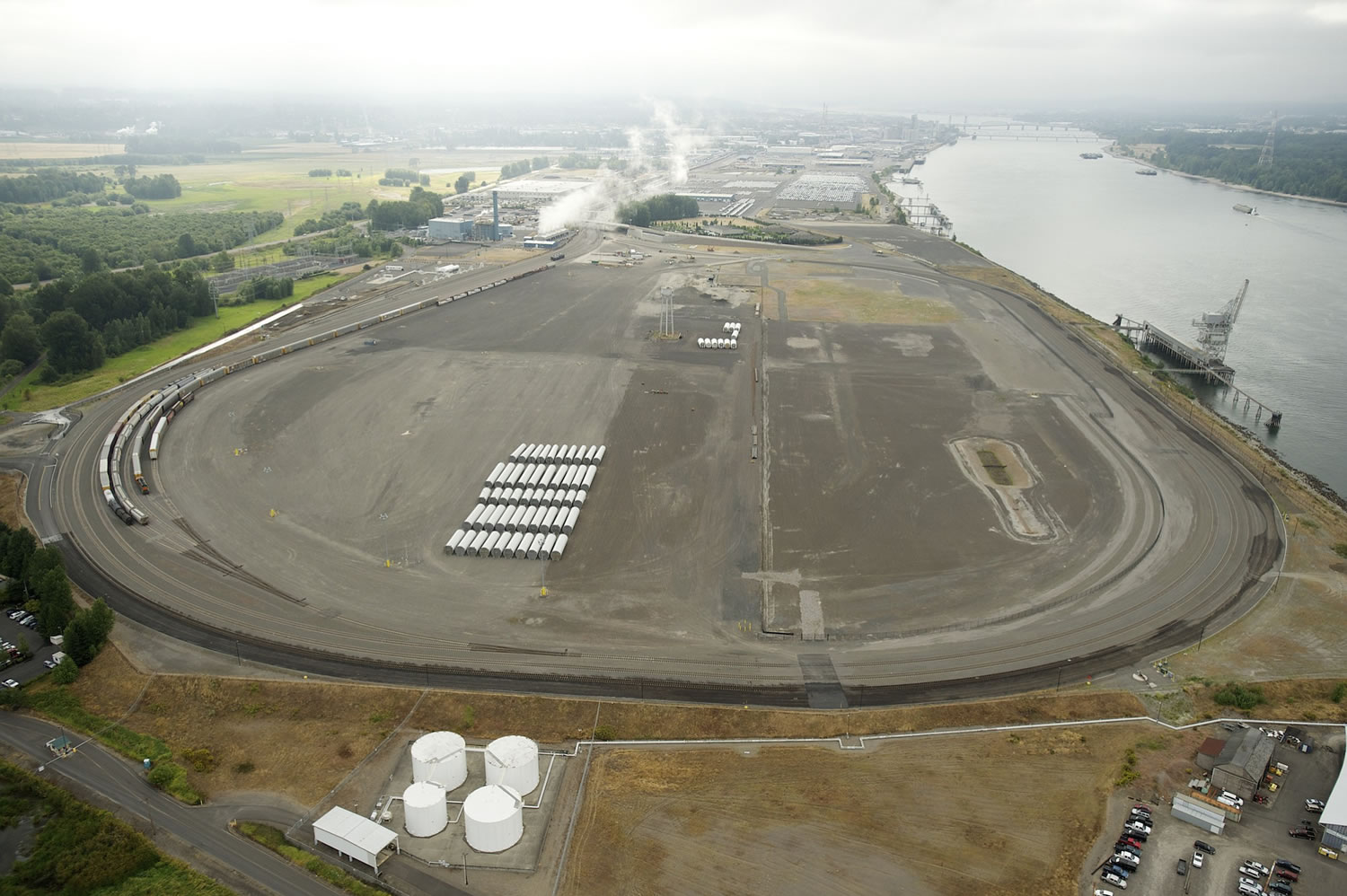Opponents of building the Northwest’s largest oil transfer terminal at the Port of Vancouver aren’t letting up on the port. They returned Tuesday, raising concerns about how commissioners decided the lease with Tesoro Corp. and Savage Companies, urging the port to conduct a public hearing about canceling the agreement and renewing their demand for an uncensored copy of the contract.
Delivering the concerns and requests were members of the Clark County Natural Resources Council, who spoke during the open forum portion of the commissioners’ regular public hearing. In a letter from the resources council’s attorney, John Karpinski, the group outlined why it thinks the lease, approved in 2013, should be terminated. The group contends the lease:
o was “premature, unnecessary” and that it “invites expansion.”
o was “erroneously based on safety of Bakken crude transportation, storage and handling.”
o “did not comply with the state Environmental Policy Act.”
o “may not have complied with rules for leasing publicly owned land.”
Karpinski, a land-use attorney, also has filed a request to the port under the state’s open records law seeking more information about the oil terminal decision, including communications by current and former port administrators and commissioners’ emails.
If the oil terminal is a benefit to the community, he said to commissioners Tuesday, then the port has “nothing to fear” in conducting a public hearing to examine the lease, including options to cancel the contract and why the port doesn’t think that’s possible.




